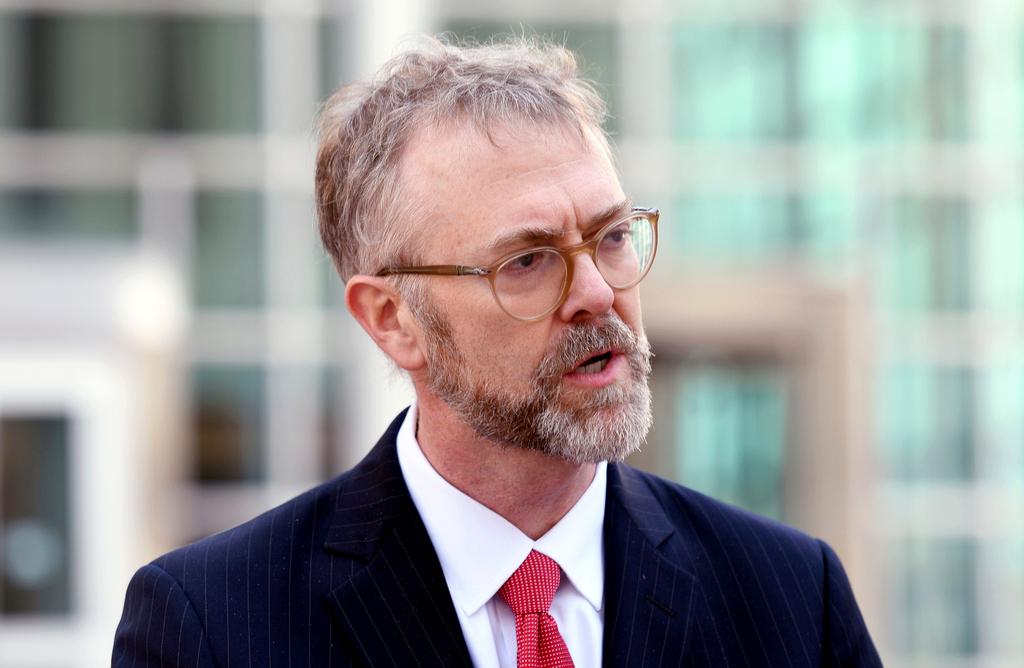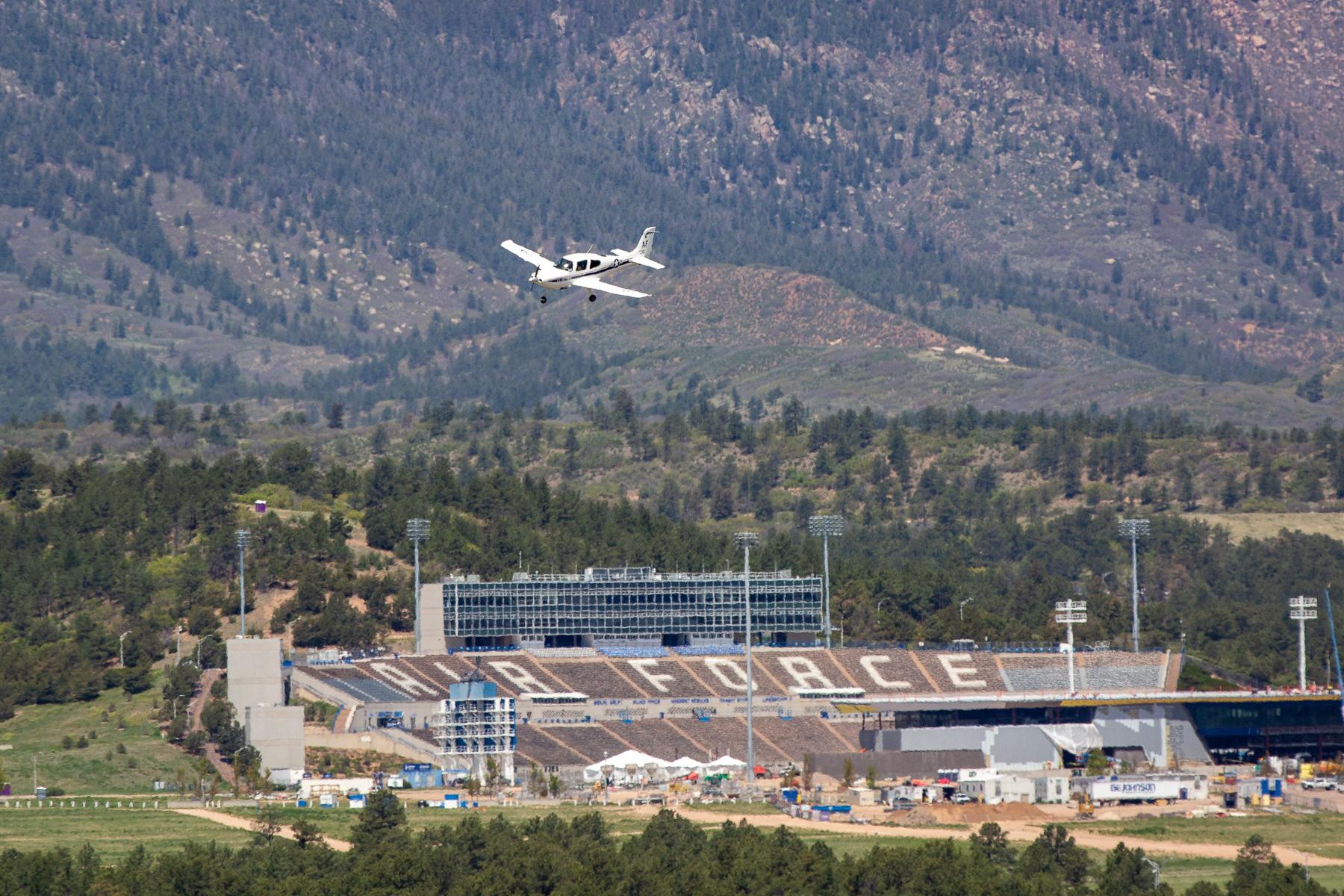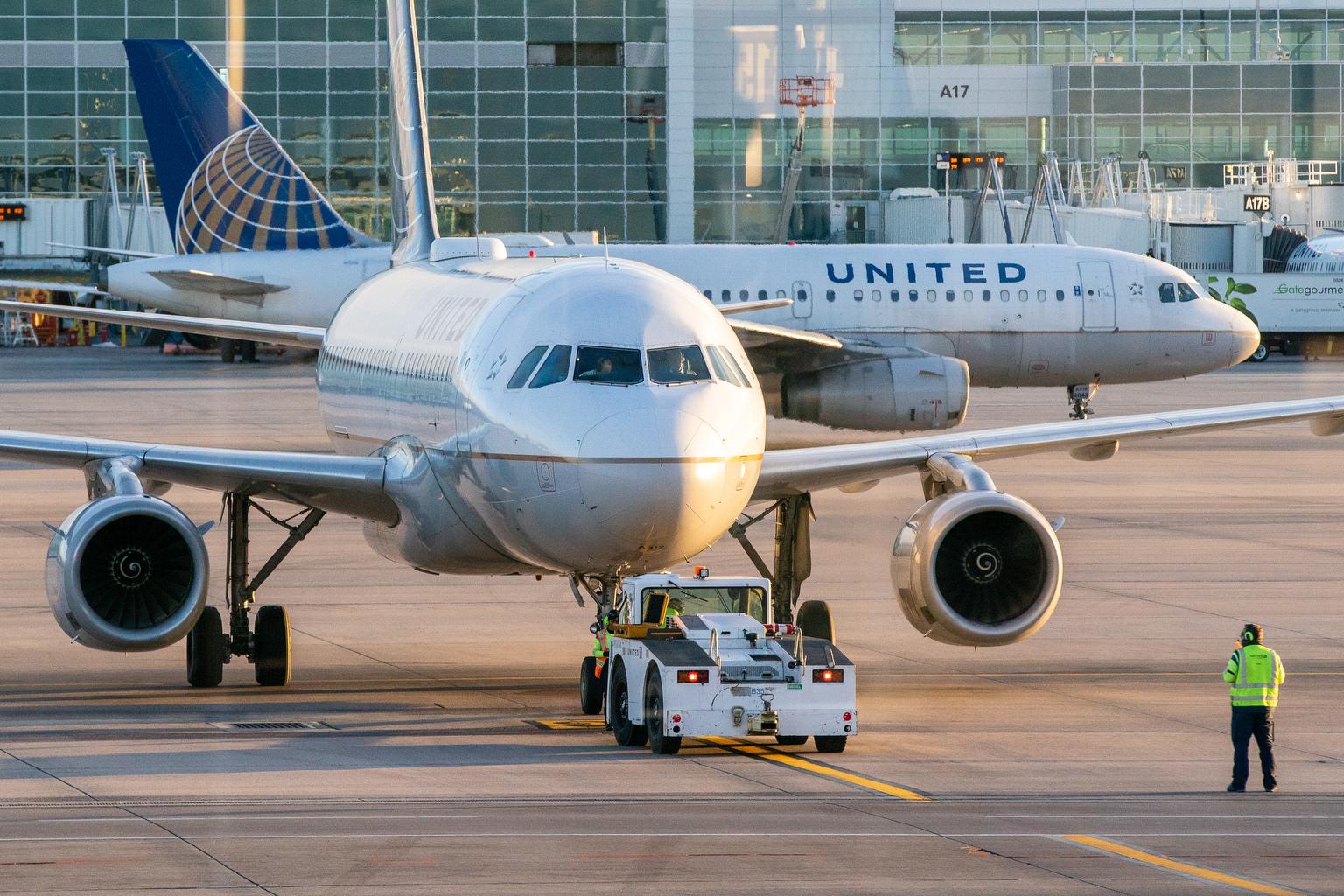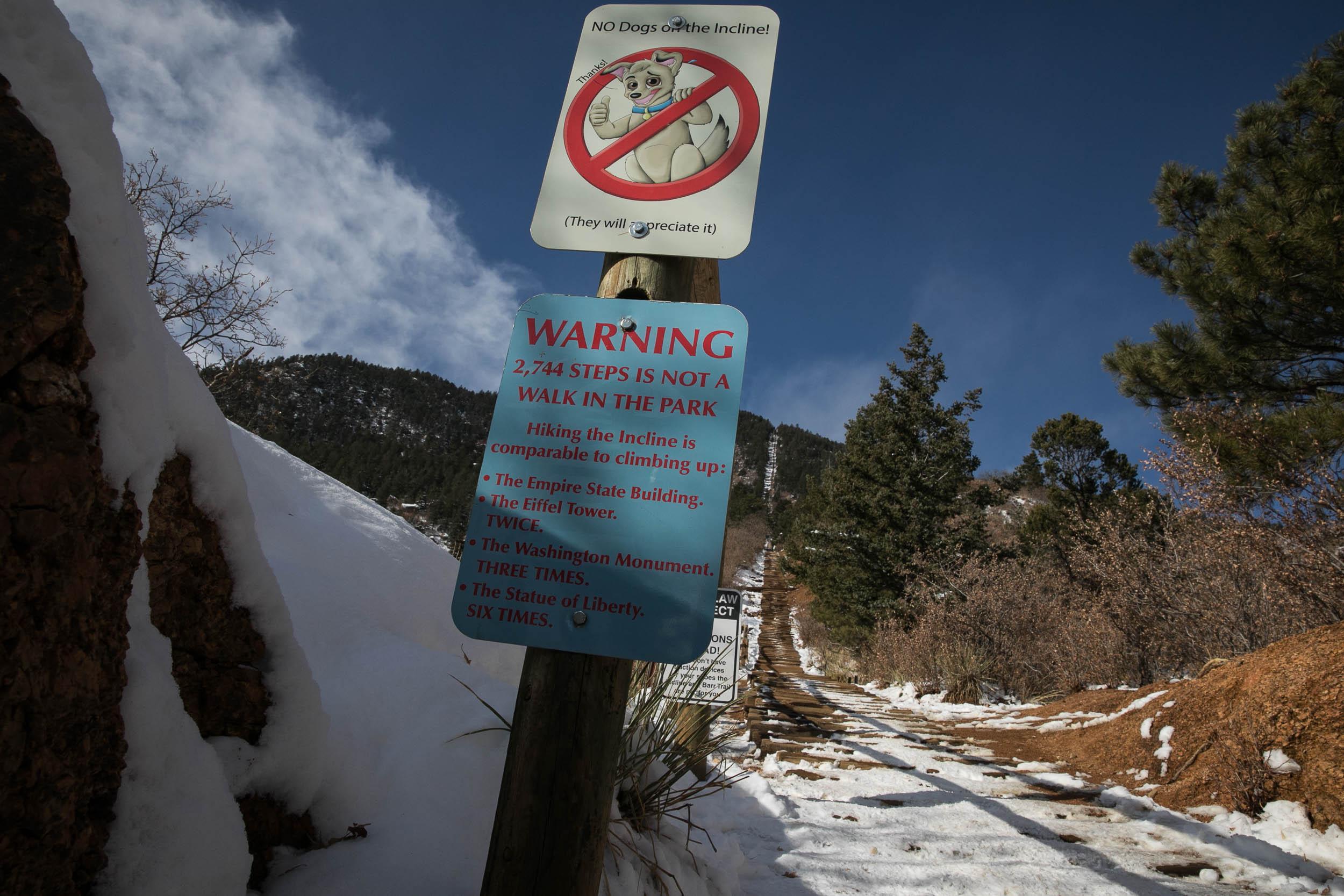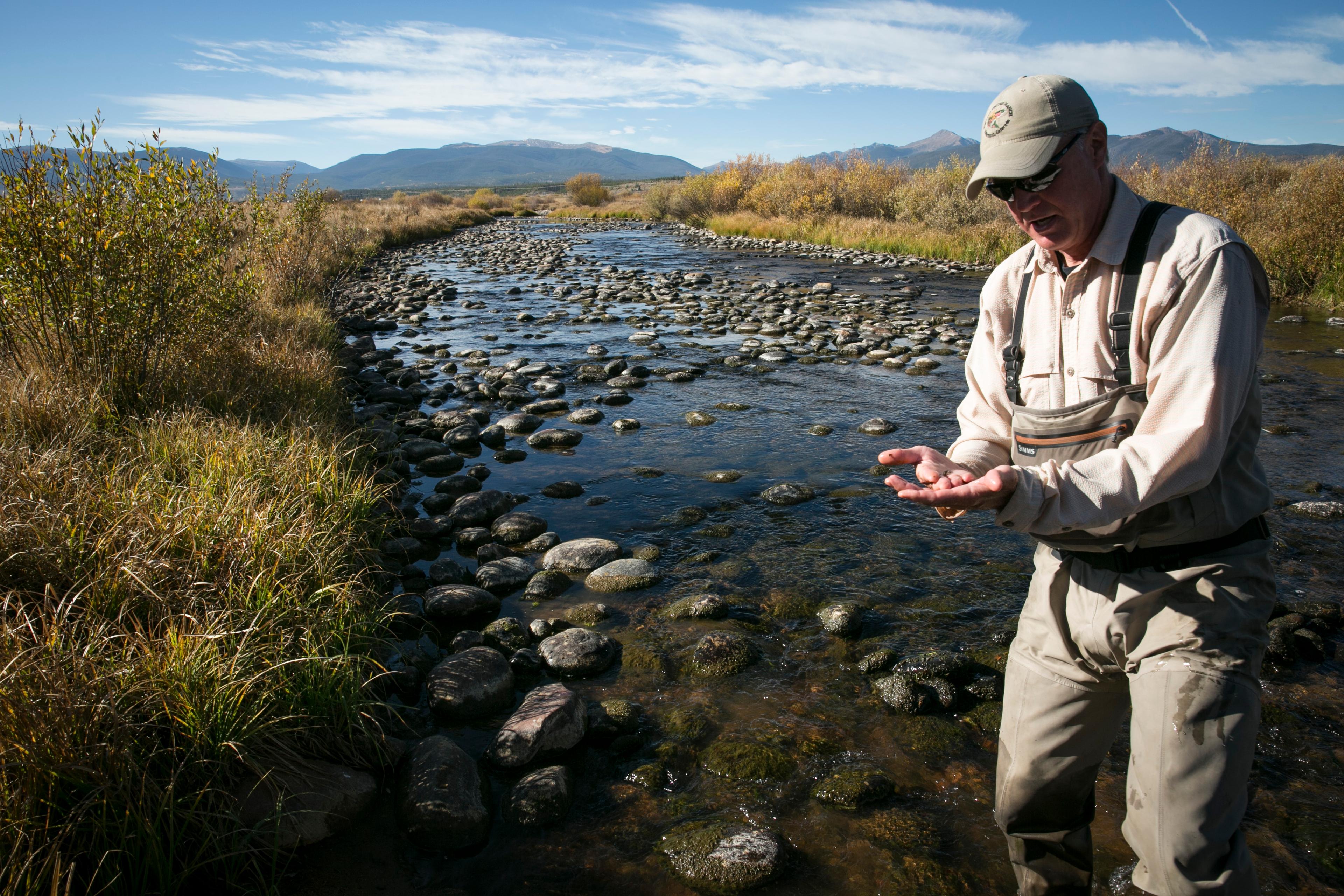

For decades, the Fraser River in Colorado’s Grand County has turned into a trickle every fall as the snowmelt that powers the river dissipates. The low flows have led to warmer water temperatures and less wildlife.
That changed this year, at least along a short stretch of the Fraser. And it’s due to an unusual partnership that includes Denver Water, which diverts most of the river to the Front Range, and Trout Unlimited, which has fought for decades to protect it. The group, dubbed Learning by Doing, focused its efforts on nearly a mile of the river near Tabernash. Work wrapped up on the $200,000 project earlier this fall.
"I had man tears when I saw this for the first time,” said Kirk Klancke, president of the Colorado River Headwaters Chapter of Trout Unlimited. “It was very emotional to see the river look healthier than it has in the 47 years I've lived there."
Now, instead of a wide shallow creek, the low-flow Fraser River drops into a narrow channel that allows to run deeper, faster and colder. That led to a nearly immediate rebound in the fish population, according to a preliminary assessment by Colorado Parks and Wildlife.
“We found about a four-fold increase in trout population,” said Jon Ewert, an aquatic biologist at CPW who surveyed the river both before and after the project was finished. “It was pretty exciting to see that."
Ewert was cautious not to get too far ahead of his data. He plans to survey the fish population again next year to see if they reproduce like he hopes they will. But he says he’s very encouraged by what he’s seen so far.
Klancke credits cooperation by Denver Water, Trout Unlimited, Grand County and others for this initial success. Before his Trout Unlimited days, Klancke said he was “radical” in his opposition to the diversion of water to the Front Range. He even used to urinate in diversion ditches, he told me last year. He’s since changed his tactics.
"Working with the people who have impacts on your river is far more effective than trying to fight them, or just trying to stop them,” he said.
The cooperative is now deciding where to turn their attention to next. Klancke said they’re considering more stream-narrowing projects, and lining irrigation ditches to make them more efficient.
"If we can do more change like this, I'd say we're saving the Fraser River," he said.

